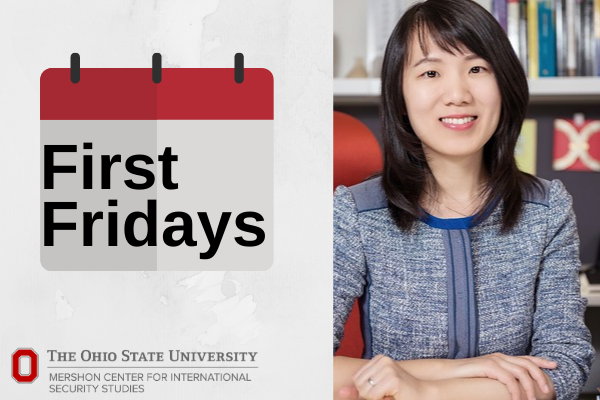
Beliefs, Actions, and Rationality in Strategical Decisions: A Quantum Approach
It seems difficult to define what is rational for strategical decisions (involving interactions among intelligent actors) in a way that does not eventually run directly counter to how human decision makers actually behave. For example, definitions formulated by economists, including the Nash and subgame perfect equilibrium formulations, are problematic with respect to findings from experimental economics using mainstream games, such as the prisoner’s dilemma game and the centipede game. These findings call for new ideas about strategic decision making, and one new approach comes from quantum computing, information, and probability theory. This talk reviews puzzling findings from past empirical work using social economic games that motivate a consideration of a quantum approach to strategic decision making. It also reviews previous attempts to account for these puzzling findings using quantum cognition theories and models. We conducted a new experiment using a centipede game to test existing quantum models of strategic decision making. The belief-action entanglement model provides the best account for the new experimental findings. We will discuss the implications of the new approach to strategical decision making.
